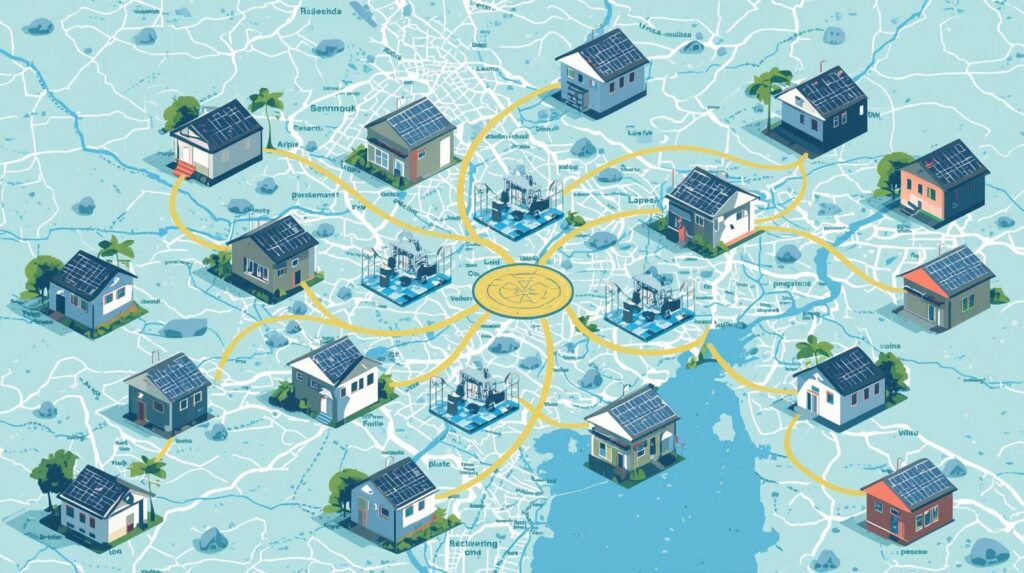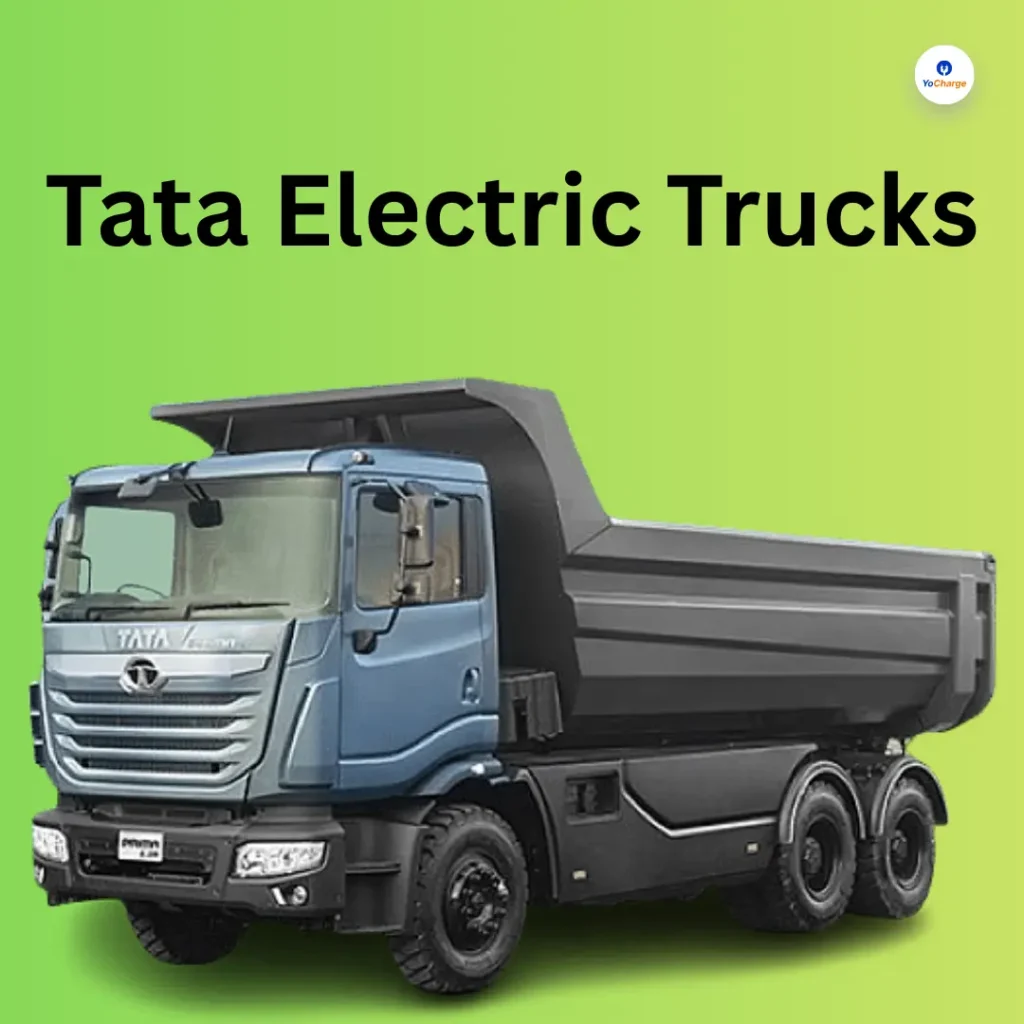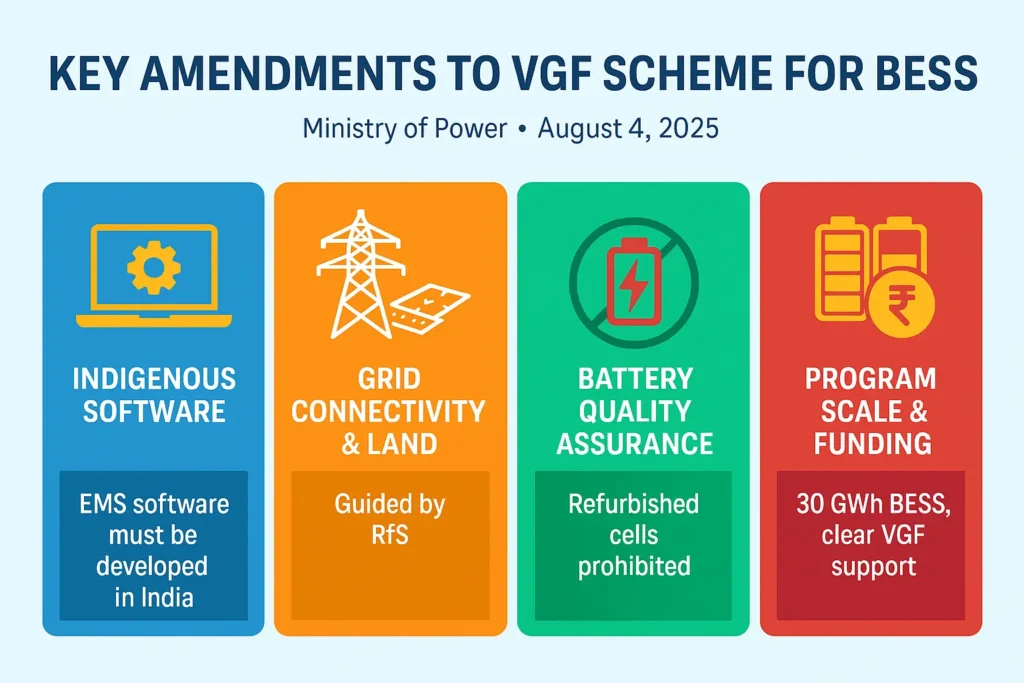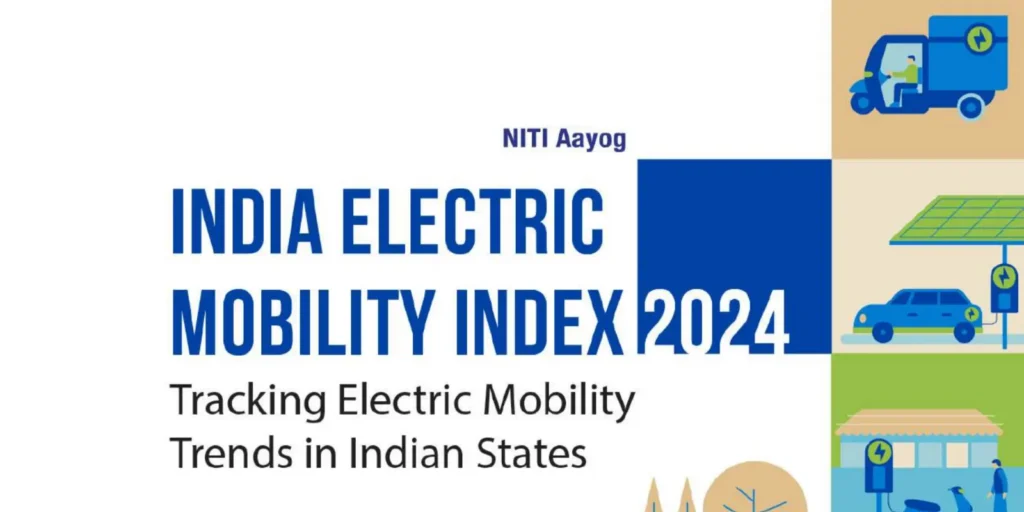As a major step towards the decarbonization of the transport sector and achieving the Net Zero emissions, the Indian railways has decided to replace its fleet including owned/hired/leased Internal Combustion Engine (ICE) cars with electric vehicles.
Indian Railways to replace its fleet with Electric Vehicles
As a significant step towards the decarbonization of the Indian transportation sector, the railways has published a policy under which it intends to replace all of its fleet of vehicles that run on diesel, biofuels, or even natural gas with electric cars by December 2025.
Large-scale charging infrastructure would be built, according to the railways, at important railway stations, business buildings, parking lots, etc. The national transporter claimed it was perfectly suited to advance the Government of India’s purpose of supporting EVs as part of the actions done to promote e-mobility. The railways are adopting a variety of initiatives, including 100% electrification of wide gauge tracks, sourcing green, renewable energy, reducing energy usage, etc., with the goal of achieving net zero carbon emissions by 2030.
The railways stated their intentions to expand the use of EVs on their network and to encourage the development of EV charging infrastructure in their EV policy, which was released on October 7. In addition, all ICE vehicles in the Railway Board, Zonal offices, Production units, and Workshops would be replaced by EVs over the course of the next three years in the first phase. By 2030, India must install 46,000 EV charging stations to meet the international benchmark.
The railways would replace 20% of its fleet with EVs by December 2023, 60% by December 2024, and 100% by the end of 2025, according to the strategy. However, since officials would need the cars for frequent trips to distant, isolated places where suitable charging infrastructure might not be available, replacement of inspection vehicles in divisional offices and related units would not be mandatory during the first phase of three years.
The Indian railways will build a user-friendly charging infrastructure that is both affordable and available for use by visitors, passengers, and members of the general public on their property. Zonal Railways’ general managers have been charged with giving their employees advice on how to locate and identify parking spots in office buildings and station grounds for the installation of EV charging infrastructure.
EV charging stations would be installed at these locations by Charging Point Operators (CPOs). The parking price established by the railways shall be applicable for the usage of the charging infrastructure. All compatible EV owners would have access to CPOs, which would also include a smartphone application that EV customers could use to find and reserve chargers and make digital payments for the services. The chargers would be installed in accordance with the safety recommendations published by the Central Electricity Authority or any qualified department or agency of the Indian government.



